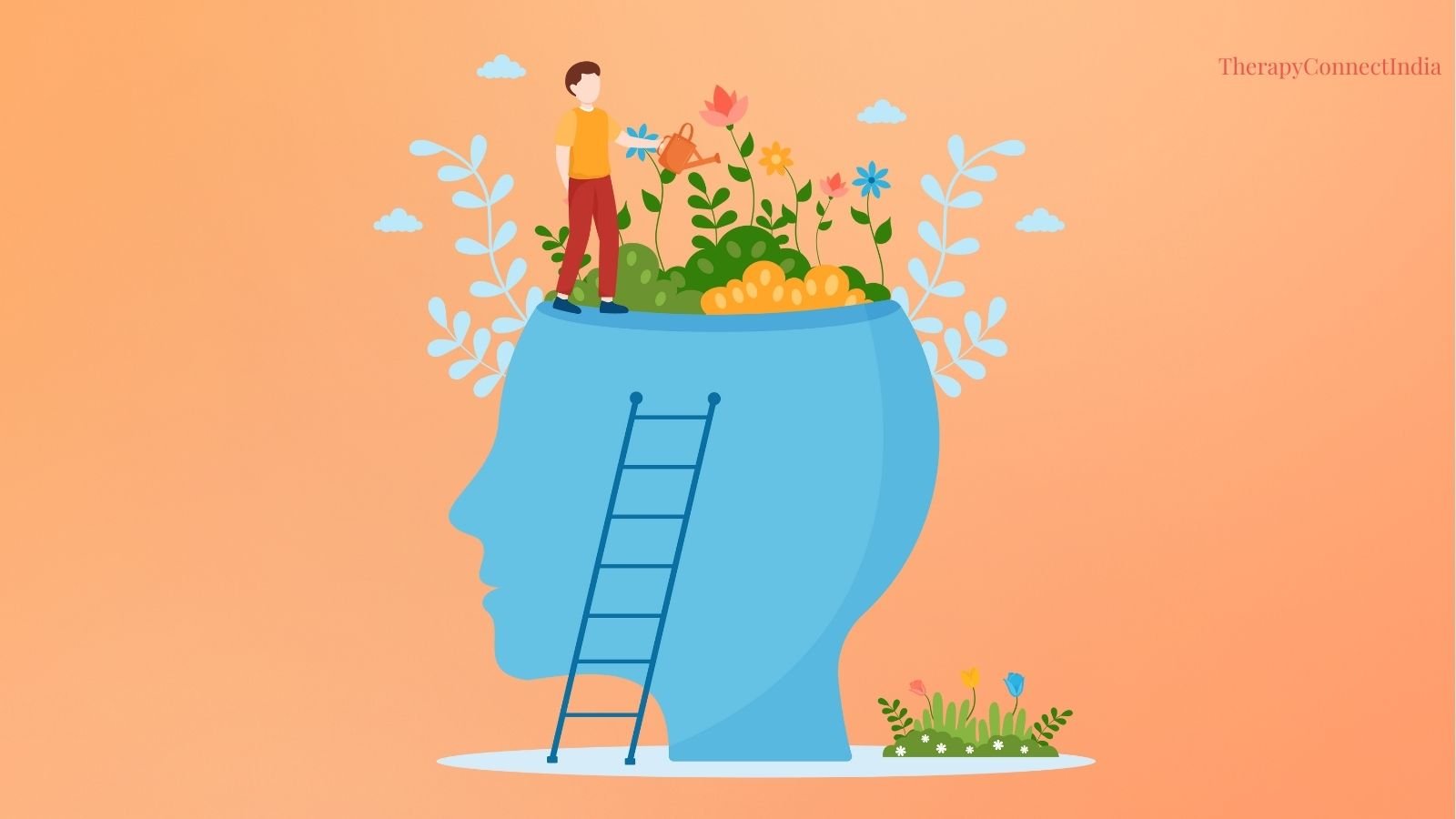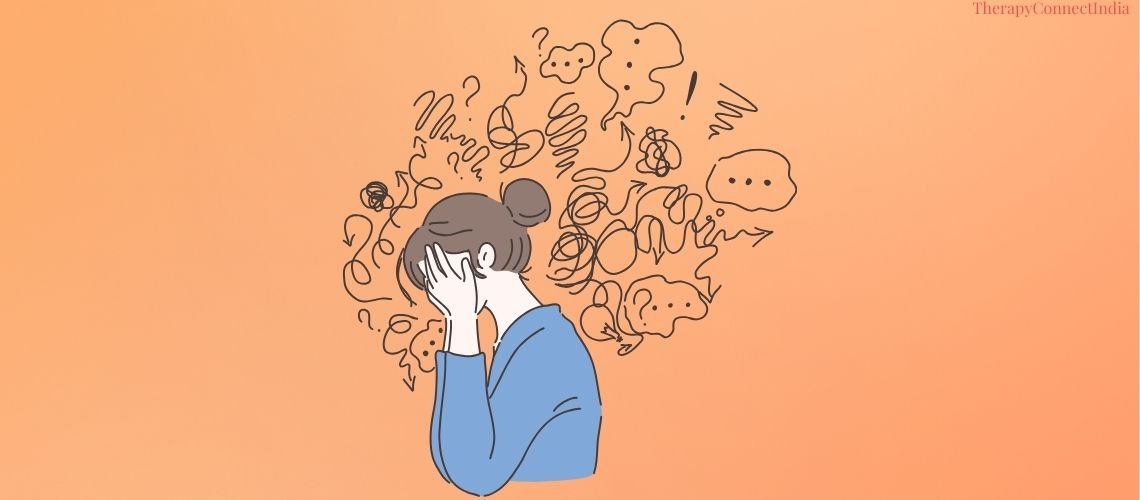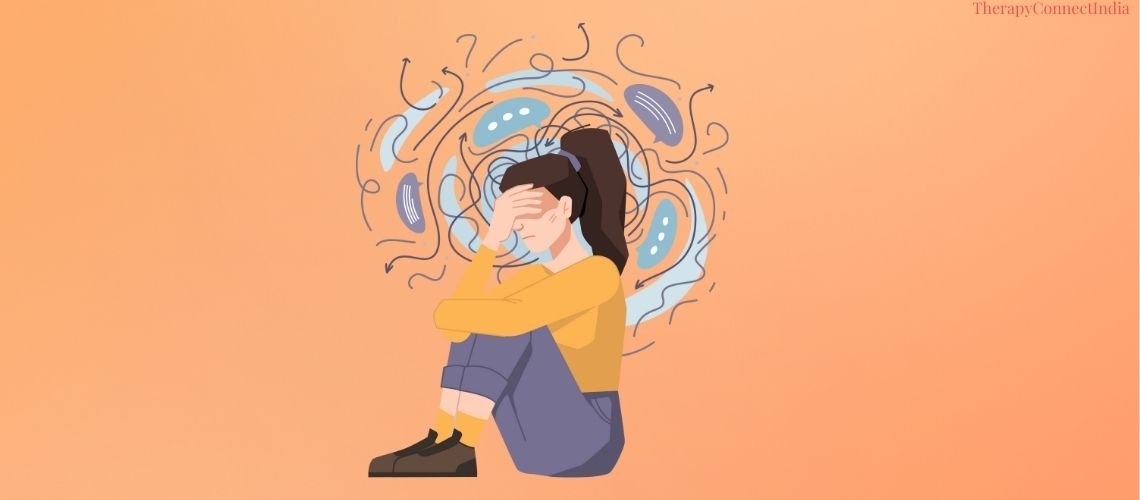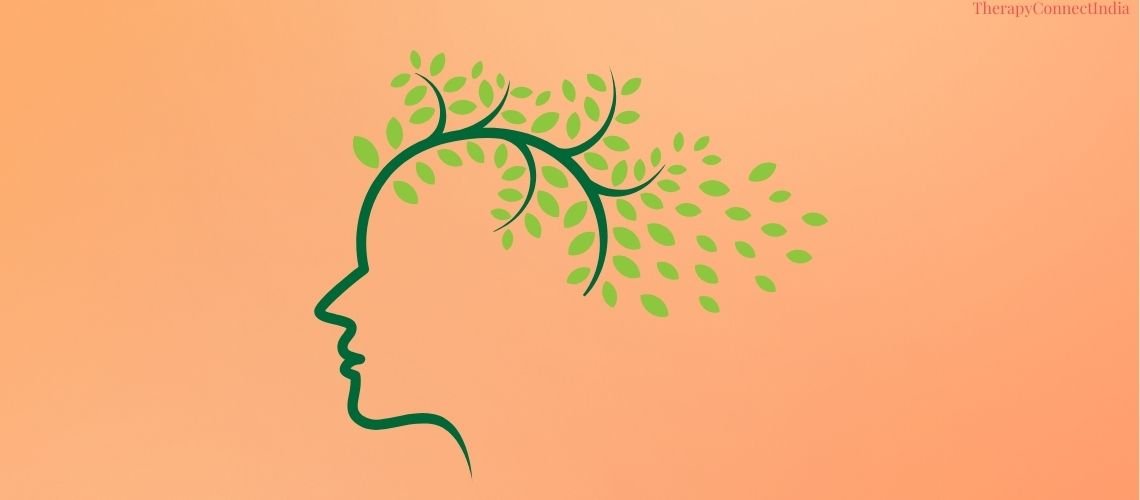The Science Behind Depression: What Happens in Your Brain?

Depression is often misunderstood as just feeling sad or unmotivated. However, it is much more than an emotional state—it is a complex mental health condition that changes the brain’s chemistry, structure, and function. People struggling with depression often wonder, “Why do I feel this way?” The answer lies in the brain.
Understanding depression and the brain can help explain why some people experience prolonged sadness, loss of interest, fatigue, and other symptoms. It also highlights why therapy, medication, and lifestyle changes can be effective in treating it.
This article explores how depression affects the brain, why these changes occur, and how they can be managed for better mental health.

The brain relies on chemical messengers called neurotransmitters to regulate emotions, thoughts, and behavior. When these chemicals are imbalanced, it can lead to depression. The three major neurotransmitters involved in depression are:
Antidepressant medications, such as SSRIs (Selective Serotonin Reuptake Inhibitors), help increase serotonin levels to improve mood. To learn more about how neurotransmitters affect mental health, visit Verywell Mind.

Long-term depression doesn’t just affect emotions—it also changes the structure of the brain. Three key areas are impacted:
Studies show that these brain changes can improve with therapy, medication, and self-care. Websites like Psychology Today offer helpful resources on managing brain health.
When a person is under stress, the body releases cortisol, the "stress hormone." In people with depression, cortisol levels remain high for long periods, damaging brain cells and making depression symptoms worse.
Excess cortisol can:
Practices such as meditation, exercise, and therapy can help reduce cortisol levels and improve brain function. A helpful guide on stress reduction techniques can be found on Mindful.org.

Depression can make even simple tasks feel overwhelming. This happens because cognitive functions like focus, problem-solving, and memory are affected. People with depression may experience:
Cognitive Behavioral Therapy (CBT) helps people retrain their thought patterns, making it easier to manage negative emotions. Online therapy platforms like BetterHelp provide access to trained therapists who can assist with thought processing challenges.
Many people with depression struggle with sleep problems, such as insomnia or excessive sleeping. This occurs because depression disrupts the brain’s ability to regulate sleep-wake cycles.
Establishing a healthy sleep routine, limiting screen time before bed, and practicing relaxation techniques can improve sleep.

The good news is that the brain can heal. With proper treatment, the brain can restore neurotransmitter balance, repair damaged areas, and regain emotional control. The best ways to support brain healing include:
Depression is not just "feeling down"—it is a serious medical condition that affects the brain. Seeking help from a therapist, counselor, or doctor is an important step toward recovery.
Many people hesitate to reach out due to stigma, but mental health is just as important as physical health. Therapy and medication are not signs of weakness—they are tools to help restore balance to the brain and improve overall well-being.
Online counseling platforms like Talkspace provide convenient access to professional mental health support.
Depression is a complex condition that affects the brain in many ways, from changing neurotransmitter levels to altering brain structure and increasing stress hormone production. These changes explain why depression is more than just sadness—it is a medical condition that requires attention and care.

The good news is that the brain is capable of healing. With therapy, medication, lifestyle changes, and self-care, people with depression can recover and regain emotional stability.
If you or someone you know is struggling with depression, reaching out for help is the first step toward healing. Mental health resources such as National Alliance on Mental Illness (NAMI) provide support and guidance for those in need.
Depression is not a life sentence. With the right support, the brain can heal, and life can become brighter again.